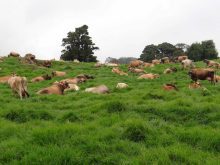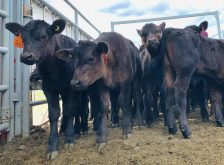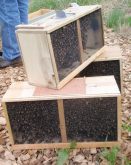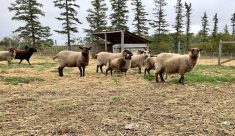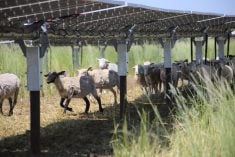Researchers at the University of Alberta’s Livestock Gentec centre are using genomics to identify pigs that are less susceptible to disease.
Genomics is a discipline in genetics that studies the function and structure of genomes — the complete set of DNA within a single cell of an organism.
At a recent conference, Livestock Gentec researcher Jamie Wilkinson said the goals of the project are to identify pigs which are less susceptible to diseases and need less medication.
The researchers are using genomics to learn what makes animals less genetically susceptible to the two viruses that have the greatest economic impact on swine production worldwide — porcine reproductive and respiratory syndrome (PRRS) and porcine circovirus 2 (PCVD 2).
Read Also
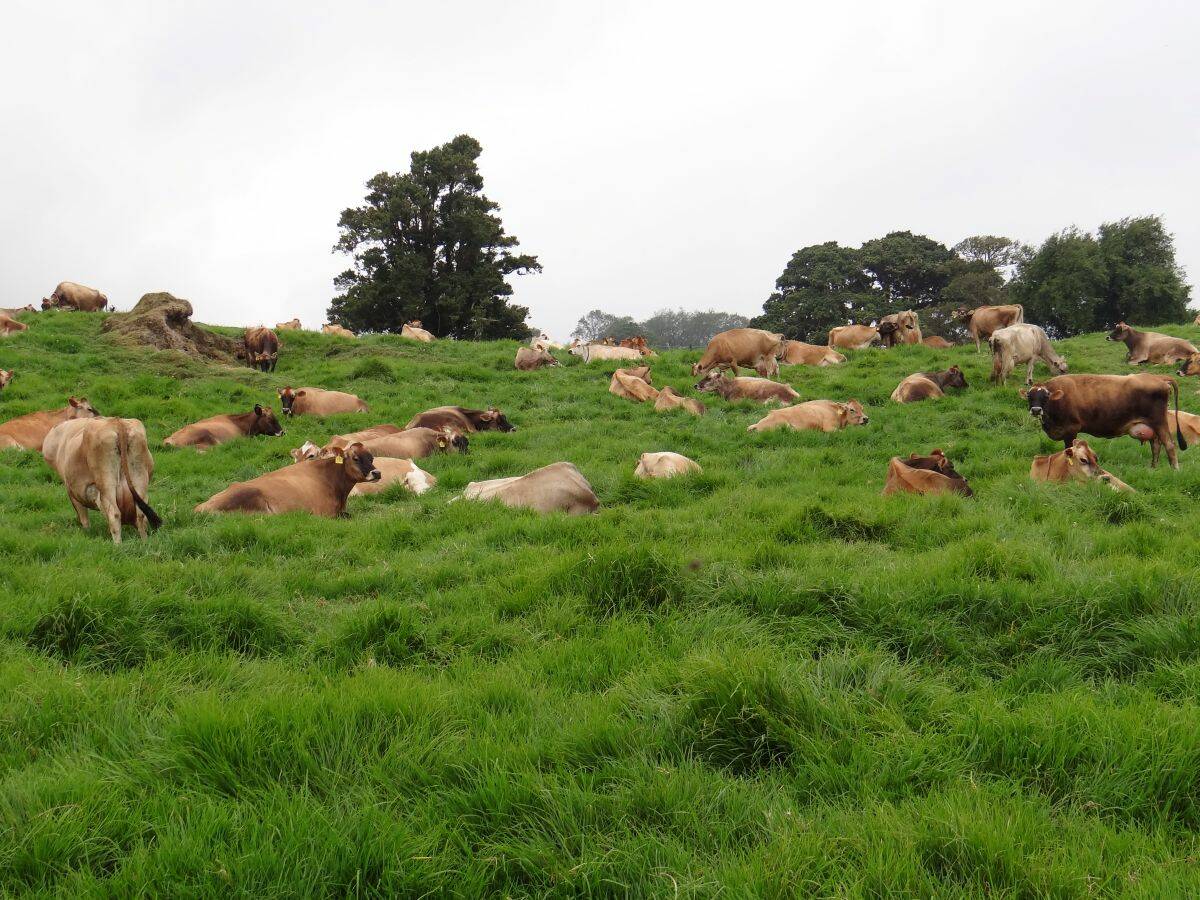
Is inflammation the real cause of milk fever in cattle?
UAlberta researcher Burim Ametaj’s theory challenges 200 hundred years of science and his work may change the approach for treatment.
PRRS targets the immune system and is difficult to overcome as it’s an airborne disease that can travel between farms. It’s difficult to create vaccines that work effectively against PRRS. It affects sow and gilt reproduction, slows the growth of young animals and results in respiratory tract diseases. “We’ve had it in the industry since the late 1980s and it’s still one of the biggest problems in the swine industry,” said Wilkinson.
PCVD 2 is a collection of different disease symptoms all caused by the same virus. Pigs that have PCVD 2 appear wasted and small. They show signs of weight loss, enlarged lymph nodes and difficulty breathing. There are effective vaccines available for this disease, but other tools are needed.
The swine improvement project is a three-year project with $12 million of funding from Genome Canada and other sources in Canada and the U.S.
Pig Gen Canada, an organization of swine genetic companies, is one of the funders and provides animals for the experiments. Research began in July 2011. “We’re about two-thirds through, so we’re getting a lot of interesting results,” said Wilkinson.
The researchers take DNA samples for every animal and have access to pedigree information. “We’re looking at heritability and how much of the variation we see is genetic,” Wilkinson said.
The researchers have found that some of the traits are moderately heritable and one region of the pig chromosome has effects on viral load and weight gain. They have also identified a gene that is effective against multiple loads and strains of the virus. They’ve also found some genes that could be useful in further research.



